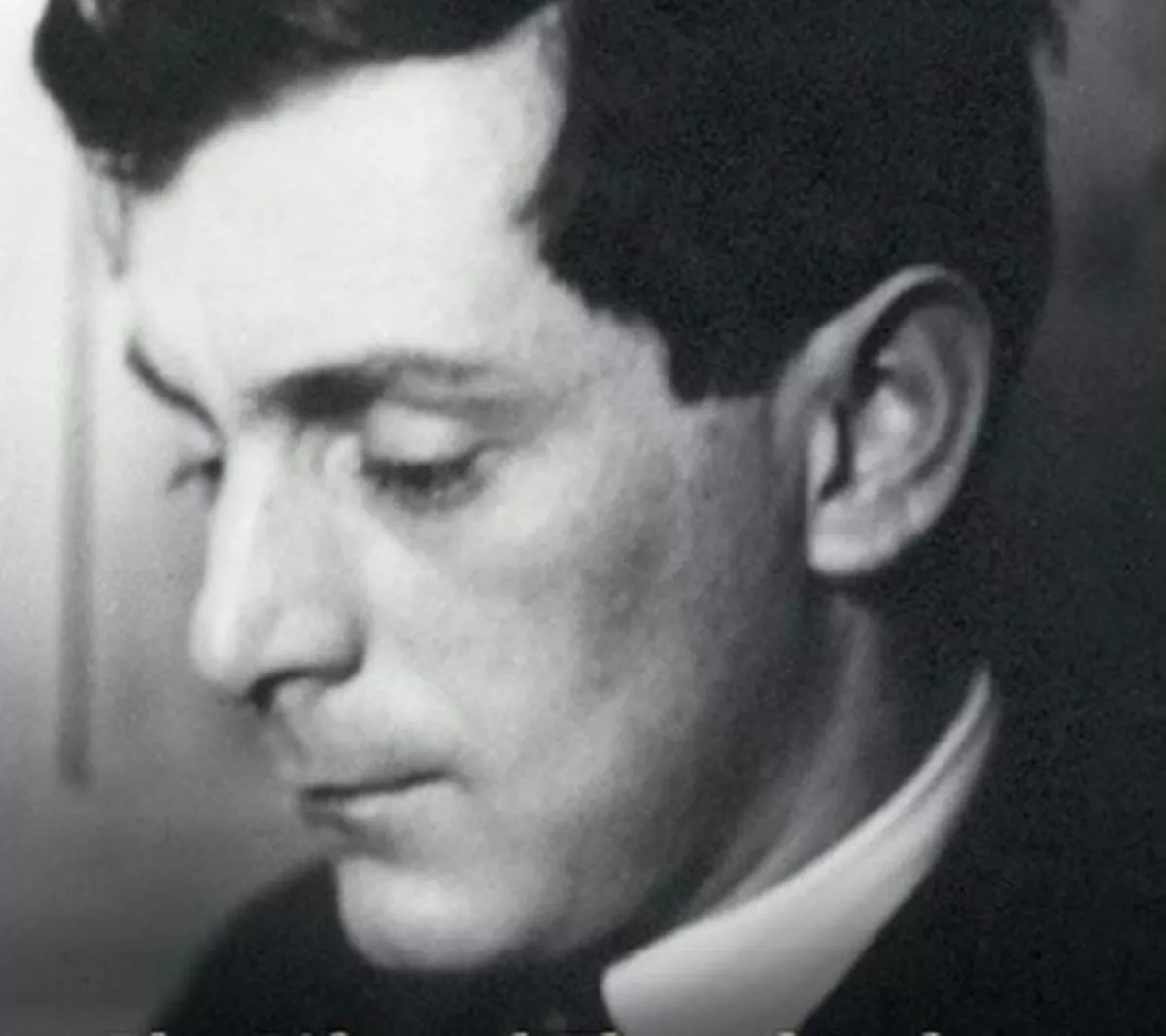 1.
1. Sir Herbert Butterfield was an English historian and philosopher of history, who was Regius Professor of Modern History and Vice-Chancellor of the University of Cambridge.

 1.
1. Sir Herbert Butterfield was an English historian and philosopher of history, who was Regius Professor of Modern History and Vice-Chancellor of the University of Cambridge.
Herbert Butterfield is remembered chiefly for a short volume early in his career entitled The Whig Interpretation of History and for his Origins of Modern Science.
Herbert Butterfield was a devout Christian and reflected at length on Christian influences in historical perspectives.
Herbert Butterfield thought that individual personalities were more important than great systems of government or economics in historical study.
Herbert Butterfield was born on 7 October 1900 in Oxenhope, West Yorkshire, and was raised a devout Methodist, which he remained for life.
Herbert Butterfield was a fellow at Cambridge from 1928 to 1979 and in the 1950s, he was a fellow of the Institute for Advanced Study in Princeton, New Jersey.
Herbert Butterfield was Master of Peterhouse, Vice-Chancellor of the University and Regius Professor of Modern History.
Herbert Butterfield served as editor of the Cambridge Historical Journal from 1938 to 1955 and was knighted in 1968.
Herbert Butterfield married Edith Joyce Crawshaw in 1929 and had three children.
Herbert Butterfield delivered the Gifford Lectures at the University of Glasgow in 1965.
Herbert Butterfield had in mind especially the historians of his own country but his criticism of the retrospective creation of a line of progress toward the glorious present can be and has subsequently been applied generally.
Herbert Butterfield found the Whig interpretation of history objectionable because it warps the past to see it in terms of the issues of the present and attempts to squeeze the contending forces of the past into a form that reminds us of ourselves.
Herbert Butterfield argued that the historian must seek the ability to see events as they were perceived by those who lived through them.
In 1944, Herbert Butterfield wrote in The Englishman and His History that,.
In 1922, Herbert Butterfield was awarded the University Member's Prize for English Essay, writing on the subject of English novelist Charles Dickens and the way in which the author straddled the fields of history and literature.
In 1923, Herbert Butterfield won the Le Bas Prize for his first publication, The Historical Novel; the work was published in 1924.
Also in 1924, Herbert Butterfield won the Prince Consort Prize for a work on the problem of peace in Europe between 1806 and 1808.